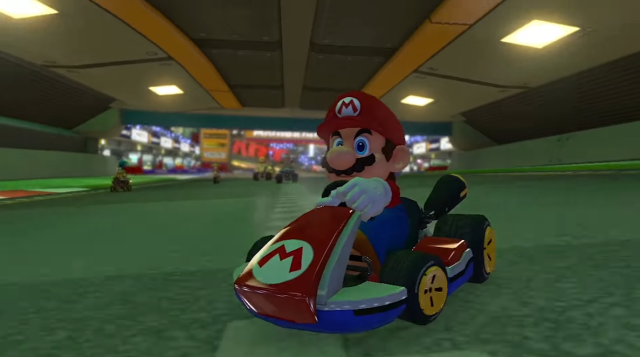When Mario Kart became an instant hit, Tokyo-based Mari Mobility Development Co. came up with a business model patterned after Nintendo’s most iconic racing video game. The company (formerly known as Maricar) let locals and tourists experience Tokyo through real-life go-kart tours while dressed in superhero-themed costumes. For video game enthusiasts, it was not just a promising idea but also a fulfillment to every childhood fantasy of becoming Mario or Luigi for a day.

The rental service, which seemed harmless at first, eventually became a “must-try” among locals and tourists—all thanks to Super Mario’s undying popularity. However, their heyday didn’t last long after Nintendo had found out about this gimmick. As reported by SoraNews24, the legal battle between the two companies started in 2017 when the gaming giant sued MariCar for copyright infringement.

Nintendo believed that the go-kart firm had been riding on their popularity for profit—using their name and branding itself as a “superhero-themed attraction. And finally, after three years, Japan’s Intellectual Property High Court ordered Mari Mobility Development to pay Nintendo 50 million yen (approximately US$454,500 or Php23,334,417.32) fine for the said violation.
After this huge defeat, MariCar released a statement on its official website that, “We deeply regret that portions of our position were not accepted, and we will be closely examining the contents of the ruling while deciding on our next course of action.”
Meanwhile, Nintendo promised to take “necessary measures to protect their company’s brands and intellectual properties which were created through years of effort.”


